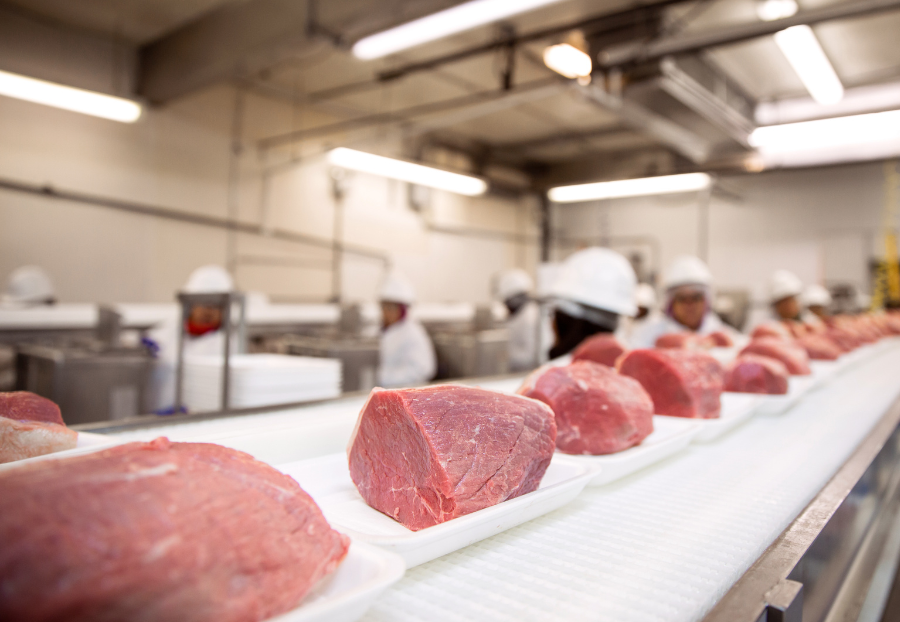Workers at a Bakkavör factory in the UK have indicated they are prepared to strike after rejecting a pay offer.
Bakkavör Pizza in Harrow, north of London, “faces severe disruption to supplies” after talks on pay ended with employees rejecting a 5.9% pay rise, GMB, the union representing the staff, said.
The plant supplies fresh pizza to retailers such as Tesco, Sainsbury’s and Waitrose.
Last week, union members at the factory took part in what GMB called “an indicative strike ballot”. Some 78% of members rejected the pay offer, the union said. GMB will now take “formal steps for a strike ballot”.
Bakkavör believes its 5.9% offer is “fair and reasonable” and “both competitive in the local market and affordable to the business”.
The private-label group said: “The proposed offer at Harrow would continue to maintain all hourly pay rates above both the national and London living wage.
“Despite the challenging economic environment, Bakkavor has been awarding strong and competitive pay increases to support its colleagues.”
Bakkavör added GMB members “account for a minority of employees at the site”.
It said: “We have put forward a number of strong offers and engaged in an ACAS conciliation process.”
If a strike goes ahead, Bakkavör plans to use “spare capacity” at a pizza site further north in Lincolnshire.
Trevlyn McLeod, GMB’s London region organiser, said: “The Bakkavor Group reported an operating profit of £46.3m ($57.7m) in its H1 report published on 6 September, so GMB can see no reason why Bakkavor will not offer our members a decent pay increase.
“It’s not a good look for a large wealthy organisation to have some workers forced to turn to food banks because their rate of pay doesn’t cover their basic living cost.”
When Bakkavör posted its half-year numbers last week, the company outlined the pressures it said it was seeing from wage and energy inflation, plus rising interest rates, in the UK.
While the business tweaked its inflation expectations down to the “lower end” of the previously guided range of 6-8% for 2023, Bakkavör suggested both energy and labour costs are going to remain key potential headwinds.
“We are still going to be inflationary in the second half. Any notion of deflation is just a long way off, and also, we are seeing pressure on underlying core volume,” CEO Mike Edwards told an analyst presentation.
“The cost-of-living crisis that we’re all facing into is really disrupting things. It’s disrupting consumers and it’s also disrupting retailers in terms of their behaviours.”















